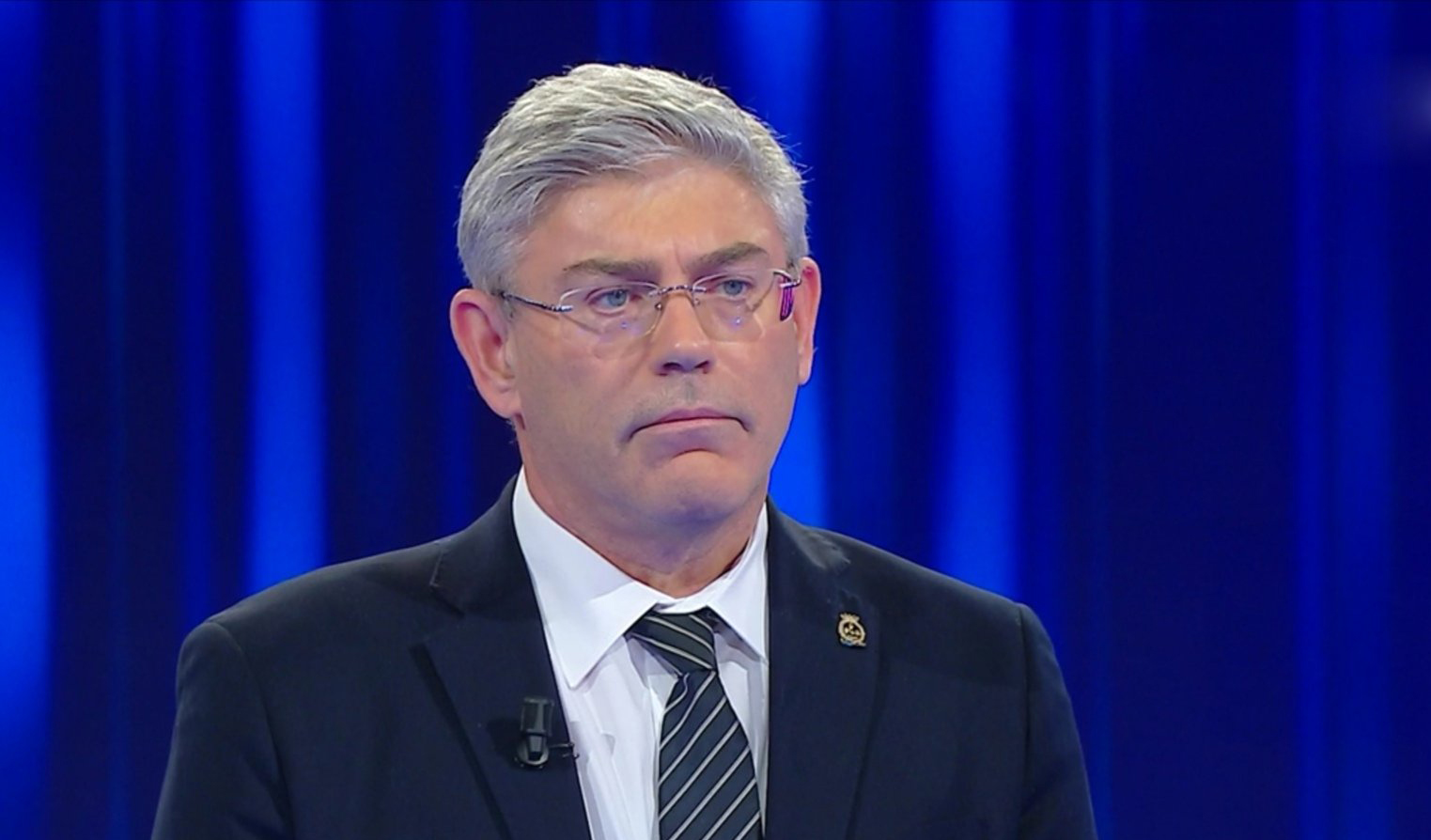How globalization will change with the Russia-Ukraine war. Talk Doctors (Limes)

Startmag conversation with Germano Dottori, scientific advisor of Limes
The Russian invasion of Ukraine cannot be classified as a regional conflict. Due to the progressive involvement of a growing number of actors and the escalation we are witnessing, it would be important to try to interpret it in the broader context of the crisis of that phenomenon we call "globalization".
These are the themes at the center of the conversation with Germano Dottori, Limes scientific advisor.
In light of the outbreak of the war in Ukraine, how do you see the development of the complex dynamic that is globalization?
Globalization and geopolitics interact. The first is an essentially economic phenomenon, which is also associated with an ideology, which we could identify as we do in Limes with the term economism or, to put it in the words of Tremonti, marketism. The second, on the other hand, has to do with power relations, or rather with politics. In the phases of tension, politics invariably returns to impose its primacy, which, moreover, Adam Smith had already contemplated, framing it in the so-called "security exception". Ultimately, globalization and market integration proceed smoothly until they encounter larger political crises. It is happening now: in order to try to subdue Russia, which has committed a serious international wrongdoing by attacking Ukraine, they are trying to de-connect it from the global economy. The fact that the Russian economy is small in size has induced a certain optimism regarding the chances of success and the sustainability of this strategy, which will certainly damage Moscow, even if it will probably imply an important price also for the countries called to isolate it.
Relocations (one of the pillars of economic globalization) have fueled tensions in Western countries (think for example of the yellow vests). How will the elites (particularly in the heart of the Empire) manage to sedate them?
The problem was the crisis of the middle class, which persists, but to which various answers can be given. I have the feeling that the resumption of conflict will bring together the most exposed societies, if it persists or worsens. In France, Macron was reconfirmed without having to engage in a real election campaign. Germany has been aligned to the point that it has embarked on the road to rearmament. We will have to wait for the mid-term elections to see what is really happening in the United States. The move made by Elon Musk is however revealing of the need, now widely felt, to ensure that all contenders have the opportunity to convey their ideas. The American debate has important ideological reverberations, but it largely concerns the unresolved question of the American posture in the world. The Democrats have failed to ridicule either Trump or the instances to which he had voiced. The former President, interpreter of a line of non-interference in the internal affairs of others that recognizes the right of each country to pursue its own national interests as long as they are not directed against the United States, can still have his say. We will find out very soon.
What relationship will there be between technology, globalization and conflicts? And how will relations between the US and China change?
Globalization is a necessity imposed by the ever-increasing return on investment that is needed to move the frontier of technology forward. Remunerating and refinancing them will be more complex if markets shrink. The major players in the system seem to understand this. China is unlikely to be excluded from the global economy: its leadership is showing caution towards Russia also in order not to incur secondary sanctions by the United States, which it fears. But the Americans also need the Chinese. In 2020, Biden had the financial support and votes of that part of the US establishment that the People's Republic thinks it's best not to do without. Obviously, all this would give way in the face of rising geopolitical tensions, if a way were not found to manage them. The demands of politics and national security usually prevail over the logic of profit and return on investment. And when this happens, it is the States that take back the scene, also returning to strength in the economy. It is a scenario that we have already seen in the twentieth century.
This is a machine translation from Italian language of a post published on Start Magazine at the URL https://www.startmag.it/mondo/come-cambia-globalizzazione-guerra-ucraina/ on Sun, 19 Jun 2022 05:05:33 +0000.
